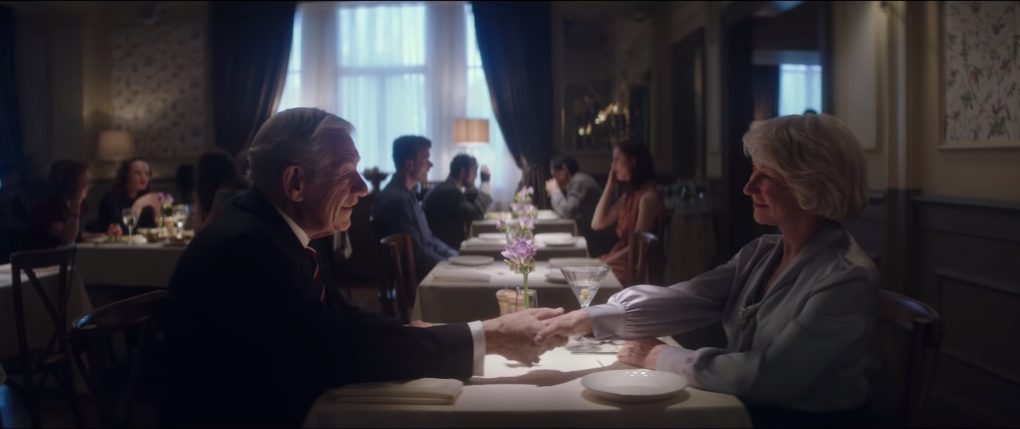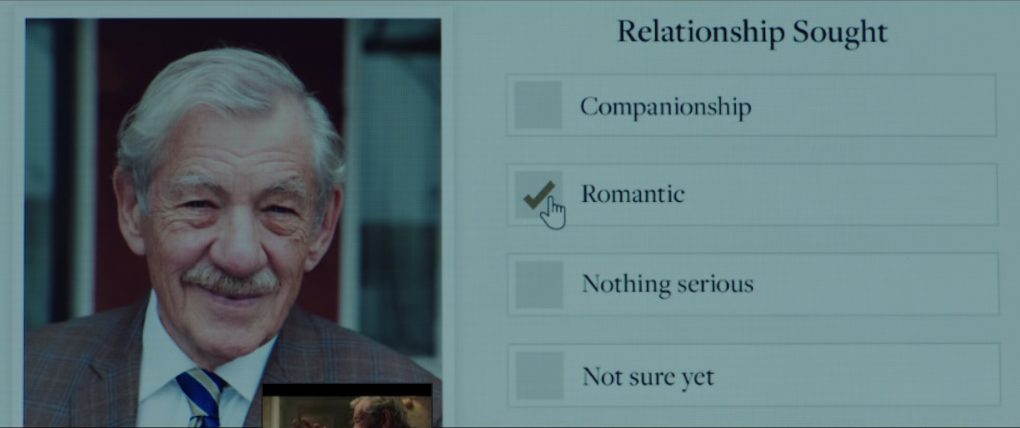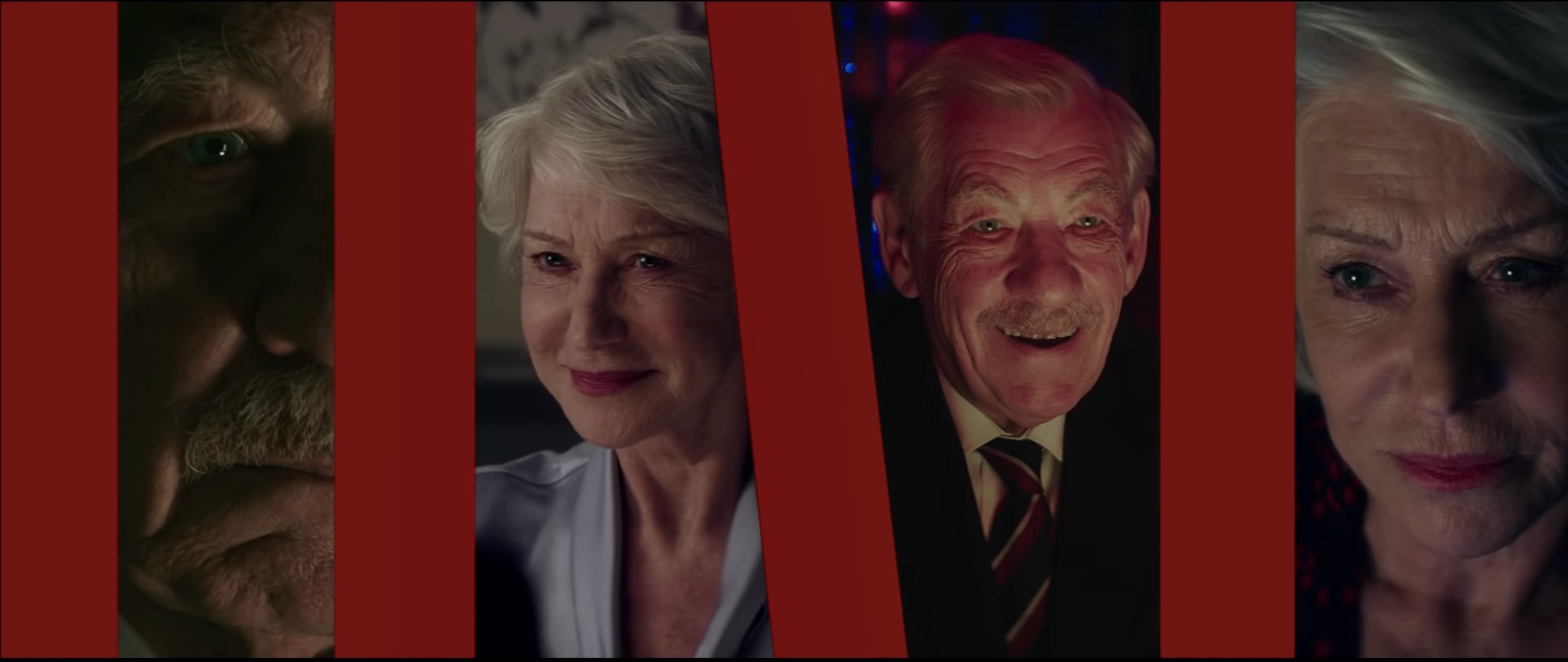The Good Liar is a satisfying, slow-burning thriller that will make you reevaluate your perception of innocent senior citizens.
The Good Liar stars Sir Ian McKellen in the role of Roy, an experienced scam artist. I will admit that I was pretty excited to watch this movie because I have been a fan of McKellen since watching him in The Lord of the Rings Trilogy and most recently in the play King Lear. The pacing of The Good Liar‘s trailer first led me to believe that the movie would be faster pace and would contain more action, which admittedly made me a bit skeptical since the film’s leads, Ian McKellen and Helen Mirren are advanced in age. I was glad to find instead that the movie showcased both Mirren and McKellen’s skill in a slower and more confined setting.

The Good Liar begins with Roy initiating contact with Betty, Mirren’s character, on an online dating site. He lies about a lot of the information on his profile and aims to take advantage of Betty given she is a recent widow.

The Elderly as Easy Targets
Taking advantage of the elderly is not a new phenomenon and the advent of internet seems to have made the process even easier. The mythical level that the African Prince email scam has reached in pop culture attests the the overall gullibility of people and especially of those less technologically savvy. Given that the elderly often lived their entire adult lives without the internet, they are usually the target of internet scams.
The scamming occurs increasingly often on dating sites given their wide proliferation. These sites rely on the trust of users; users have to believe that who they are talking to is the person pictured in said profile. This lack of physicality makes it easy for people to lie and initiate a scam that preys on the vulnerability of those seeking love.
Inverting Expectations
While the scam Roy initiates with Betty is the main focus that drives the plot of the film, there is an additional scheme that he masterminds. Without revealing any spoilers, this swindle involves many people and interestingly, they are all significantly younger than Roy.

This importantly inverts the viewers expectation that old people are the victims of fraud and demonstrates that the elderly are capable of being agents of hustles. A New York Times article states that:
the Department of Justice described criminal cases involving nearly $700 million lost in the previous year by about two million people. The ones hit hardest by this kind of fraud are over 70, and they experience an average loss of $41,800, the Consumer Financial Protection Bureau reports.
This inversion of expectations should not be taken lightly. The portrayal of the elderly in roles different from those typically attributed to them allows for more creativity in cinema. Just look at the ending to Hot Fuzz and try tell me it is not hilarious and that you saw it coming, you simply can’t. Who says that old people can only be grandparents or cheap tools to advance plot and evoke sympathy with their approaching death?
I’d like to believe that having the elderly play such atypical roles such as scammers or weapon toting gunslingers can only open the door to the creation of new intellectual property, which is something utterly key in a time when safe bets and sequels appear prominently in any given week’s list of premiers.

